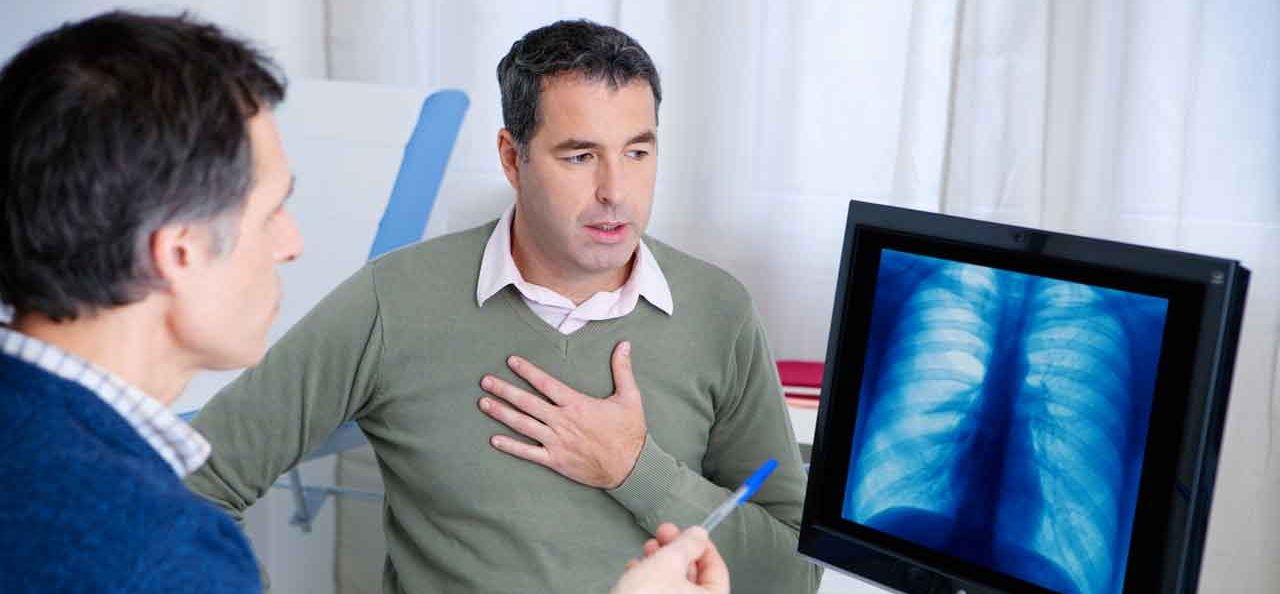Home Remedies for Asthma

Are home remedies for asthma and other complementary or alternative approaches sham treatments, or do they really work? Here's how to consider any home remedy for asthma.
More than 26 million Americans are treated for asthma every year, according to the Centers for Disease Control and Prevention.
Most keep their asthma under control with mainstream medications, but some turn to home remedies for asthma to find relief.
YOU MIGHT ALSO LIKE: What You Should Know about Asthma and COPD Overlap Syndrome
Natural remedies for asthma
According to the 2007 National Health Interview Survey, which included a survey on the use of alternative treatments, asthma ranked eighth “as a condition prompting use of complementary health approaches by adults,” according to the National Center for Complimentary and Integrative Health (NCCIM).
Acupuncture, massage, and herbal remedies may work to some degree when used under the guidance of an allergist, writes Purvi Parikh, MD, an adult and pediatric allergist and immunologist with the Allergy & Asthma Network.
Acupuncture is the insertion of needles into key points on your body along what are called meridians in traditional Chinese medicine. These energy channels are like rivers flowing through the body to irrigate and nourish the tissues.
The needles purportedly open your meridians and improve energy flow known in Chinese medicine as chi. Parikh says the needles can help release endorphins by signaling the brain.
This can help reduce your pain and create a sense of well-being. “This allows people with asthma and/or allergies to experience calmer breathing and a sense of relaxation,” Parikh writes.
It should be noted that scientific research on the use of acupuncture to treat asthma is contradictory at best, and often doesn’t support its use.
If you decide to use acupuncture, be sure to work with an experienced, licensed acupuncturist.
“Massage and other relaxation techniques, such as hypnosis and meditation, are promoted to reduce stress levels and a sense of well-being,” Parvikh writes. “Stress is a common asthma trigger and may cause you to feel short of breath, anxious and even panicked.”
Massage is the manipulation of the muscles and other body tissue to increase blood flow, relax muscles, relieve stress, and revitalize the body. By reducing your stress, you might be able to reduce the chance of some asthma attacks from some triggers, Parvikh writes. Massage therapy on the neck and rib cage can also help relax and release the tension of the accessory respiratory muscles used in breathing, she adds.
In one study peak air flow and other pulmonary functions improved in two age groups of children after a course of massage for 20 minutes every night before bedtime for a month. A systemic review of complementary and alternative remedies used to treat asthma, however, found very few studies have been done on the effects of massage on asthma.
As with acupuncture, it’s important to see a trained and experienced masseuse and to monitor the process closely to see if it’s having any positive impact.
YOU MIGHT ASLO LIKE: Dealing with Asthma During the Winter
Other home remedies for asthma
Some herbs may help relieve asthma symptoms by reducing inflammation and decreasing the frequency of asthma attacks. Those used for asthma include gingko biloba, licorice root, butterbur, khella and stinging nettle. Some products, however, have the potential for serious side effects, even death.
“When taking these, it's important to always keep in mind the quality, dose and possible side effects – for instance, any allergies to the plant itself,” Parvikh writes. “All herbal medications should be approved by your medical doctor, as some can interact with medications you may be taking for other conditions.”
Do home remedies for asthma work?
The federal government cautions that there is “not enough evidence to support the use of any complementary health approaches for the relief of asthma.”
“A few studies,” though, have shown a reduction in medication use and improvements in symptoms when acupuncture is used, and “a trend toward improvement” when certain breathing techniques are used, according to the NCCIM.
The NCCIM adds that the use of placebo inhalers and placebo acupuncture in one study reported “significant improvement in symptoms,” such as chest tightness and perception of difficulty breathing.
Actual lung function did not improve in these patients, which the NCCIM believes is important to note because although patients felt better the risk for becoming sick from “untreated” asthma was not reduced.
“Some people find relief with the alternative treatments… some do not,” Parvikh writes. “If that’s a chance you’re willing to take, the most important thing to remember is that you must always consult your board-certified allergist/immunologist before starting treatment.”
In any case, any natural remedy for asthma should never replace evidence-based treatment, such as inhalers, Parvikh concludes.
YOU MIGHT ALSO LIKE: A Break from School Is Dangerous for Kids with Asthma
Updated:
March 03, 2020
Reviewed By:
Christopher Nystuen, MD, MBA